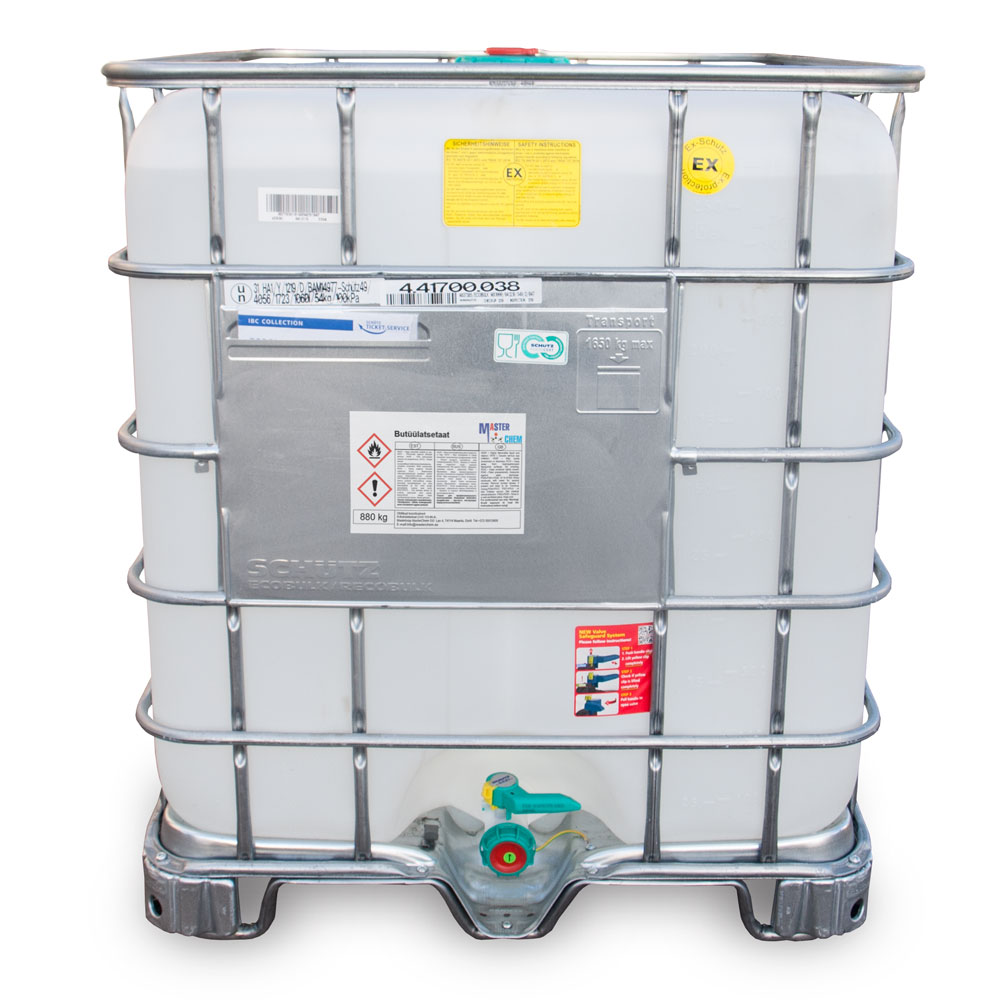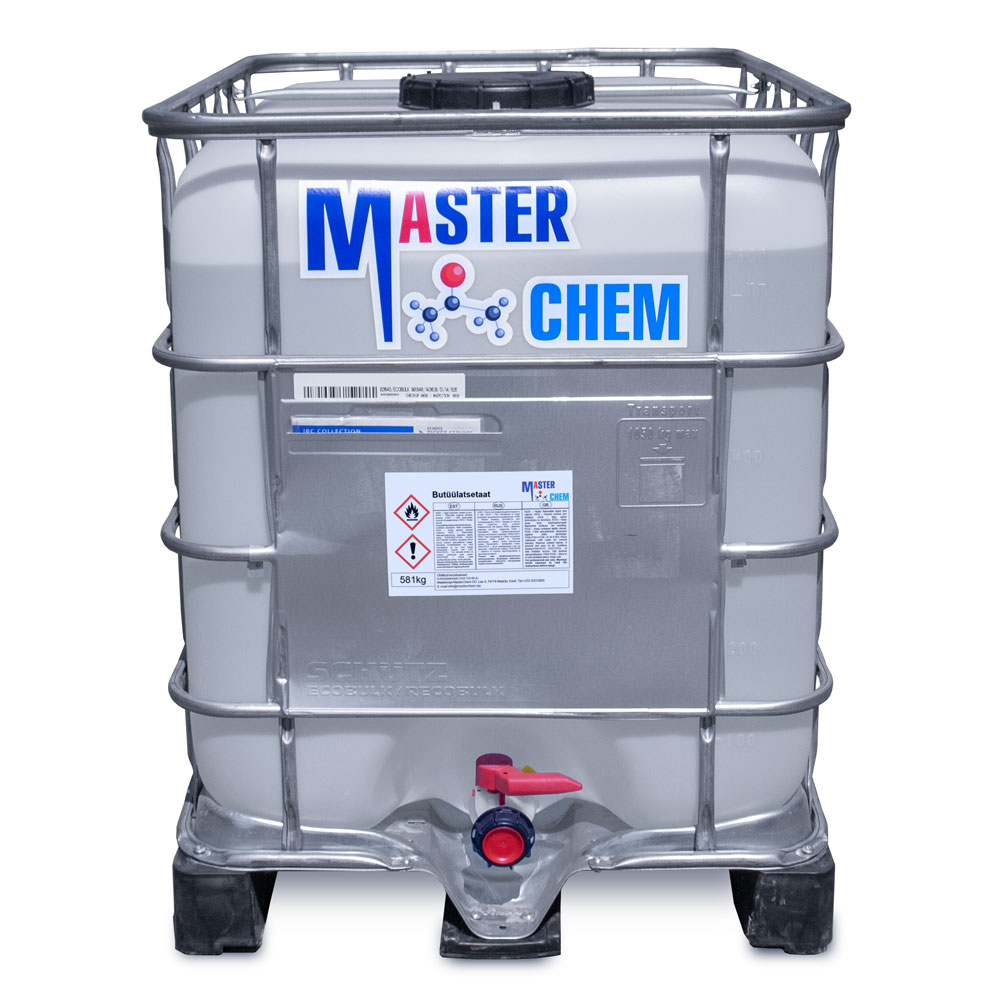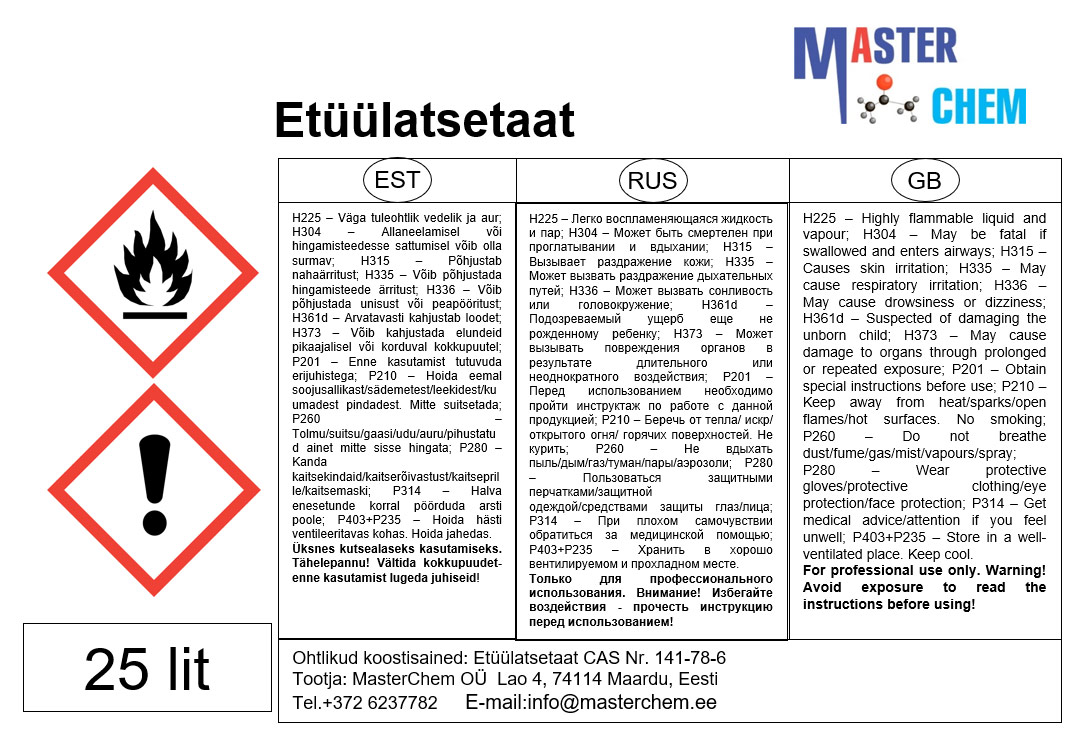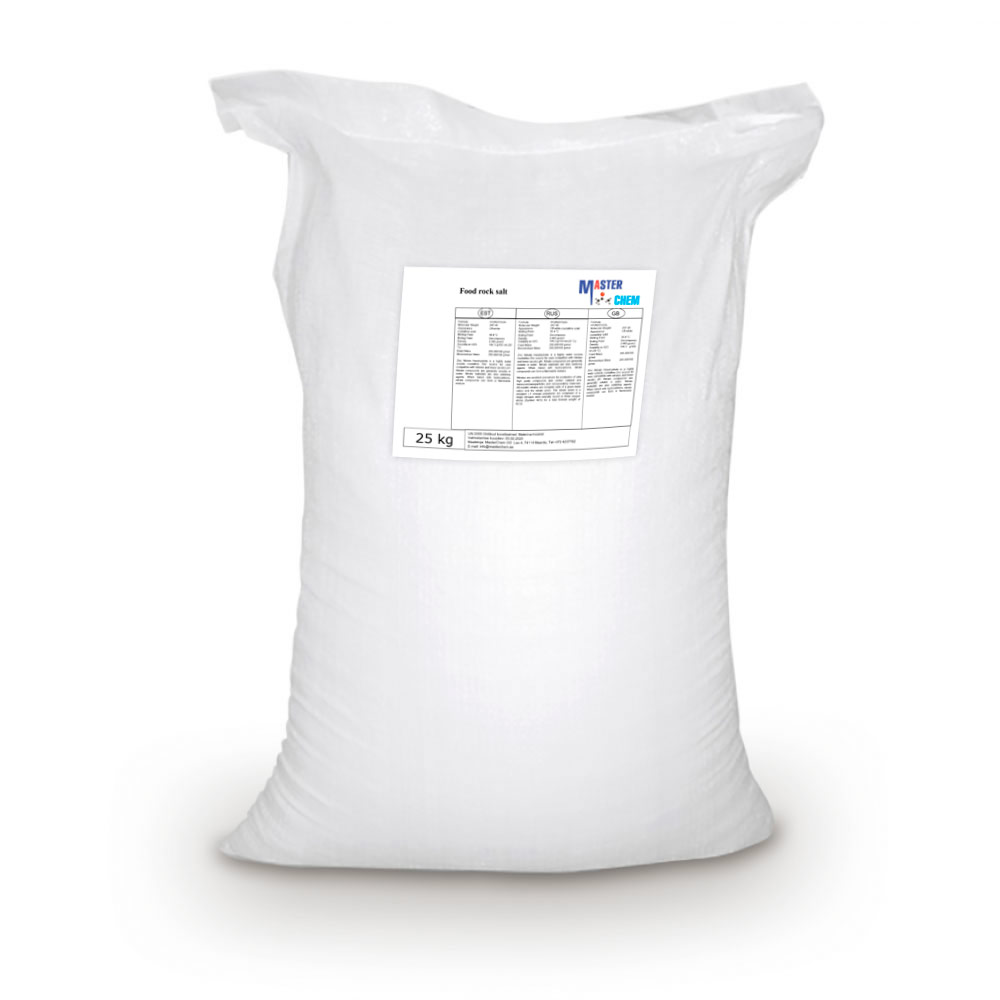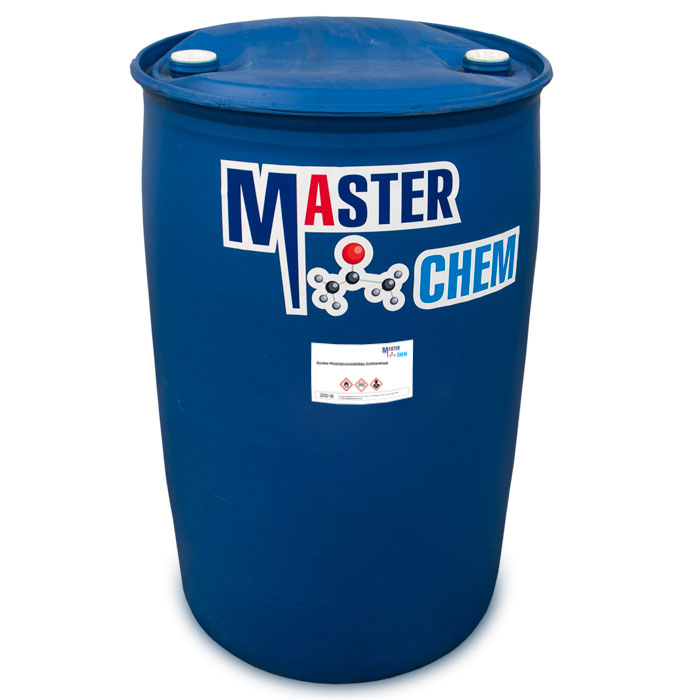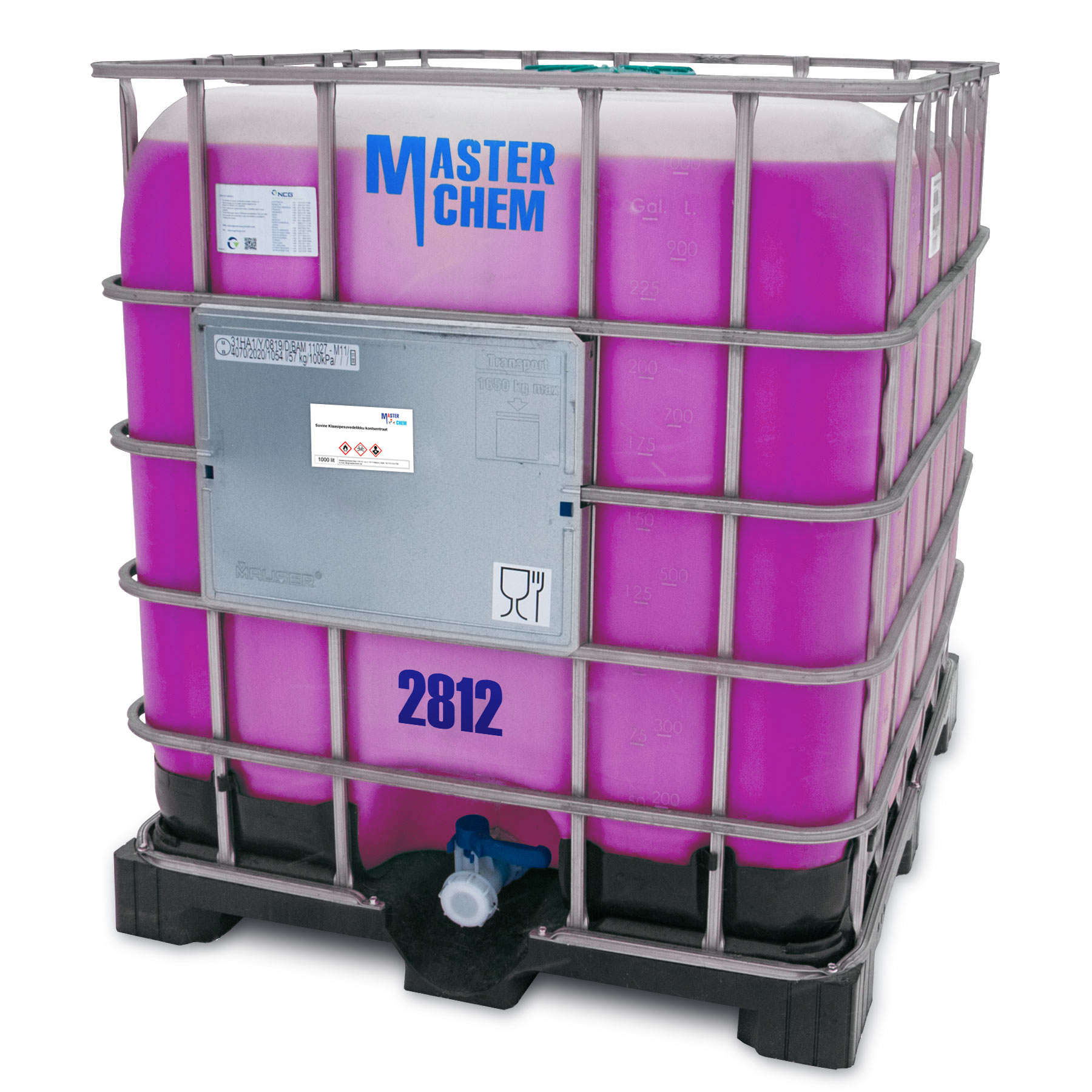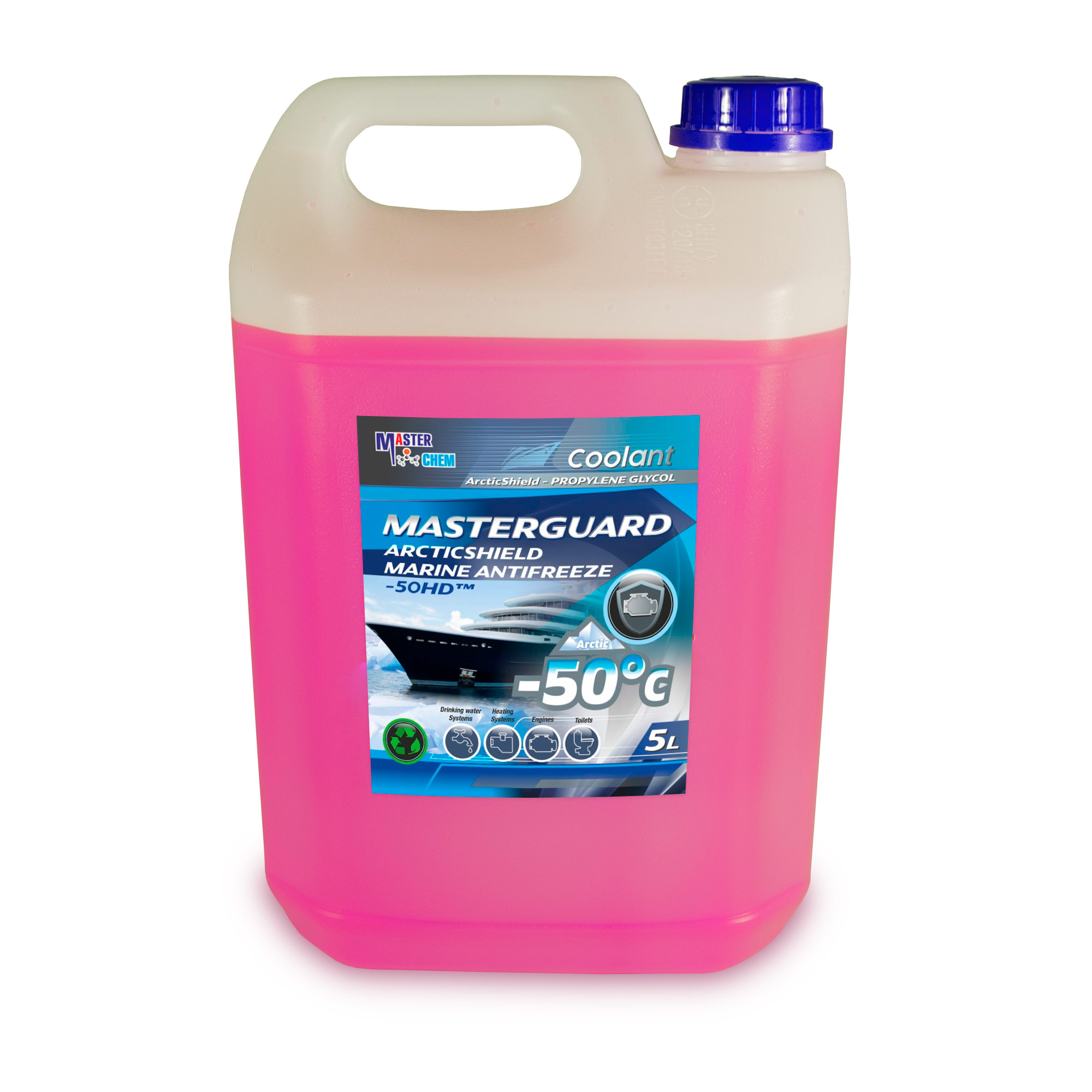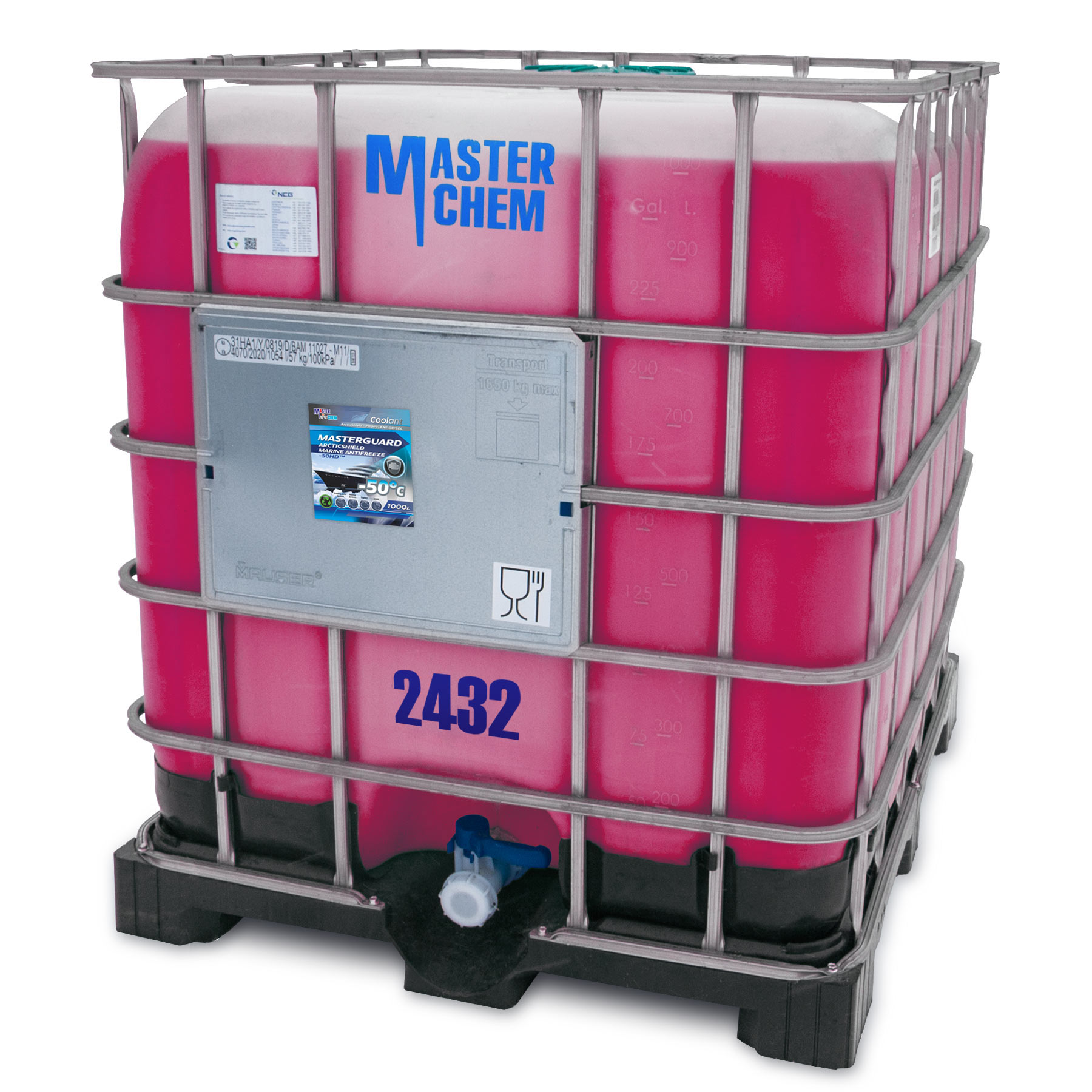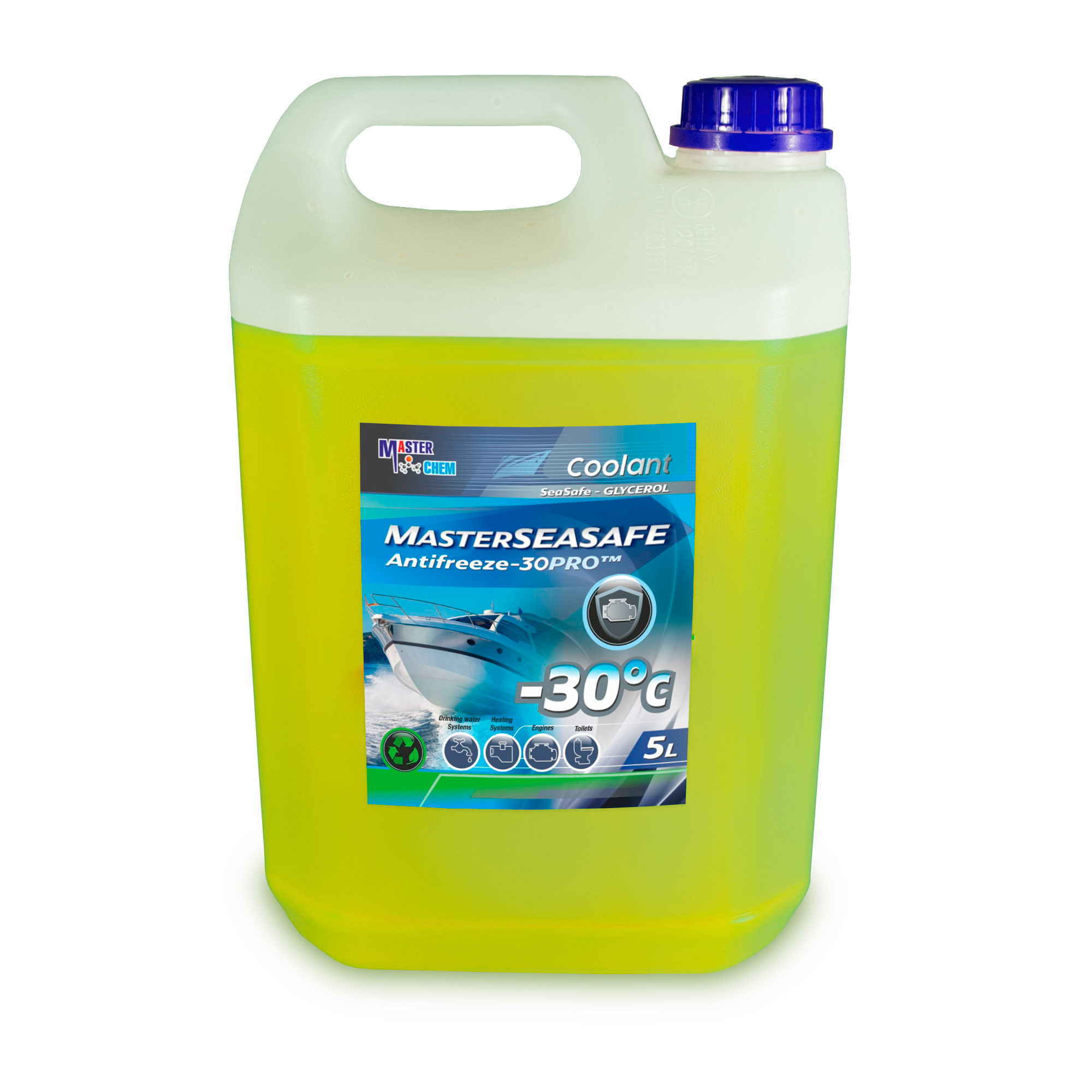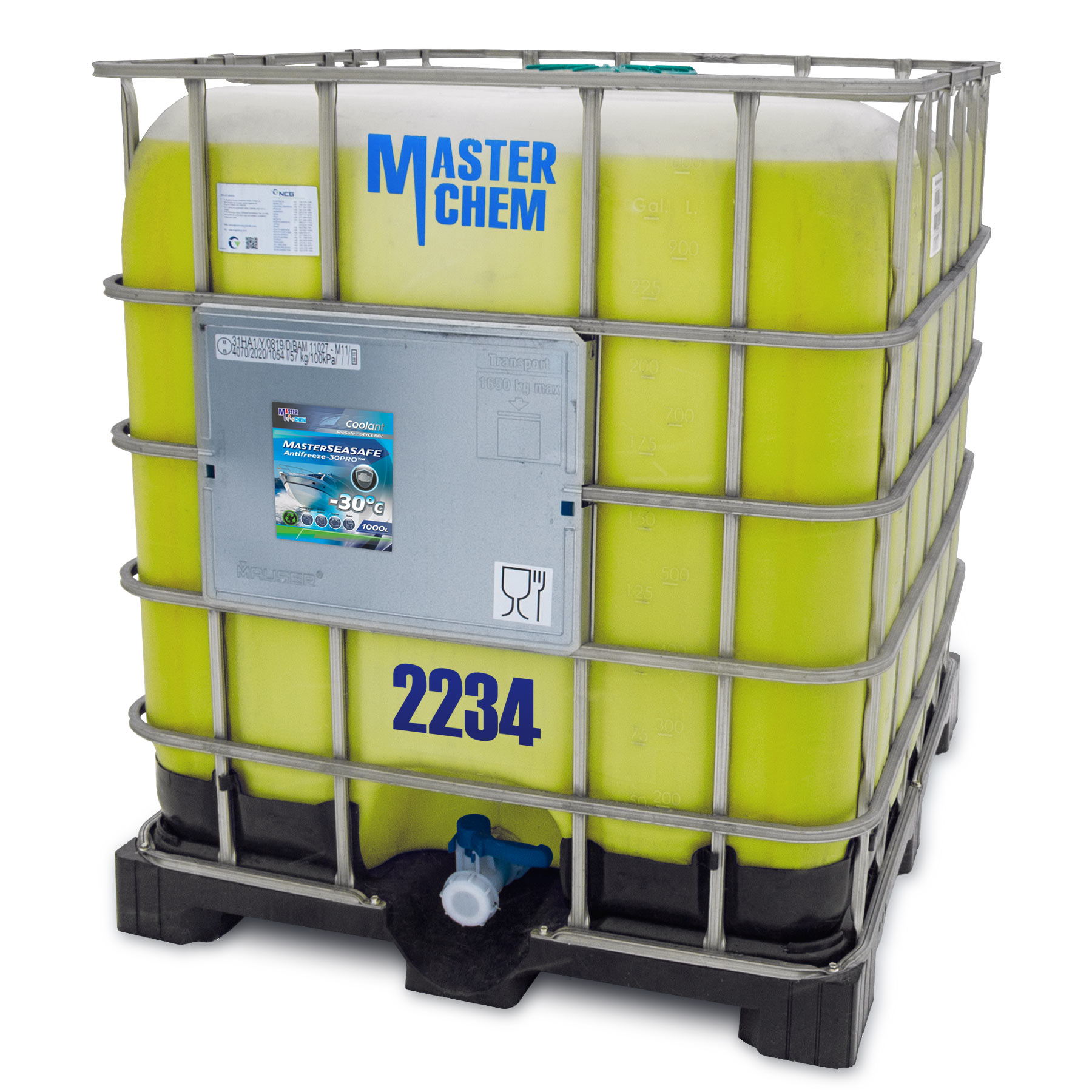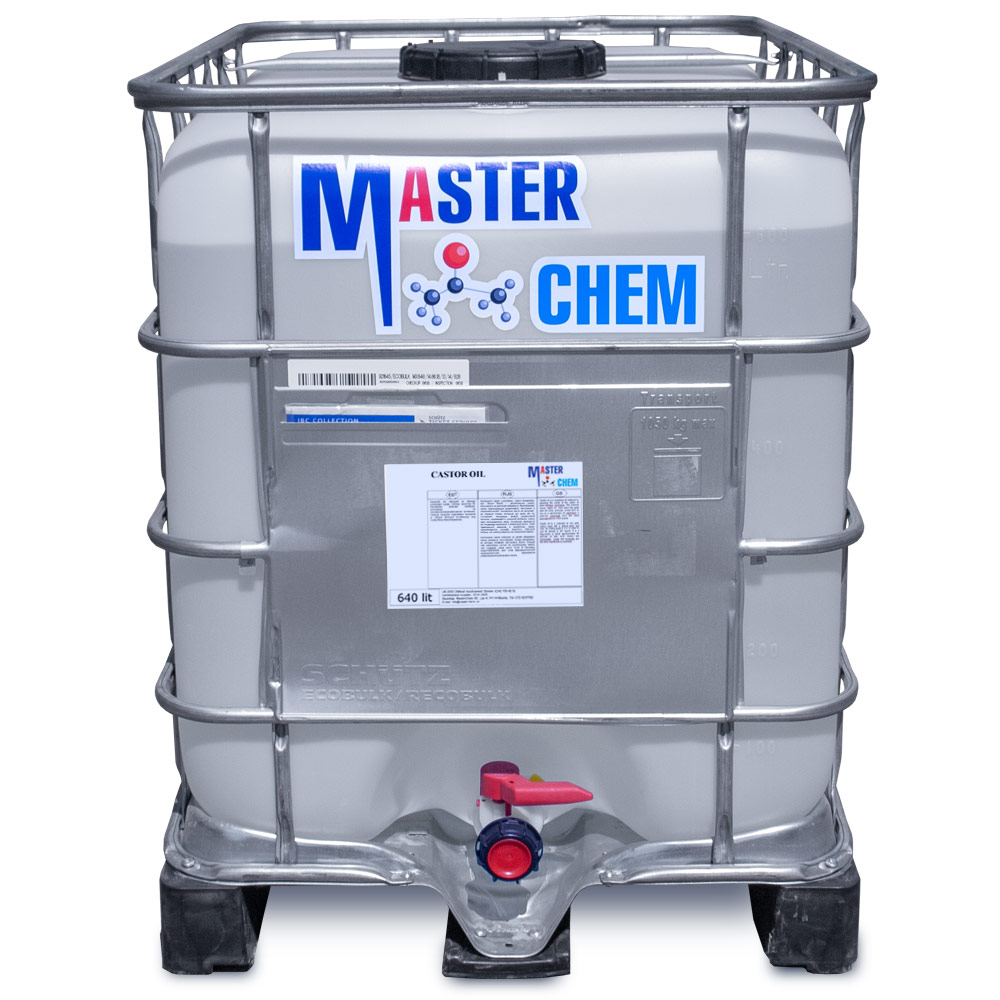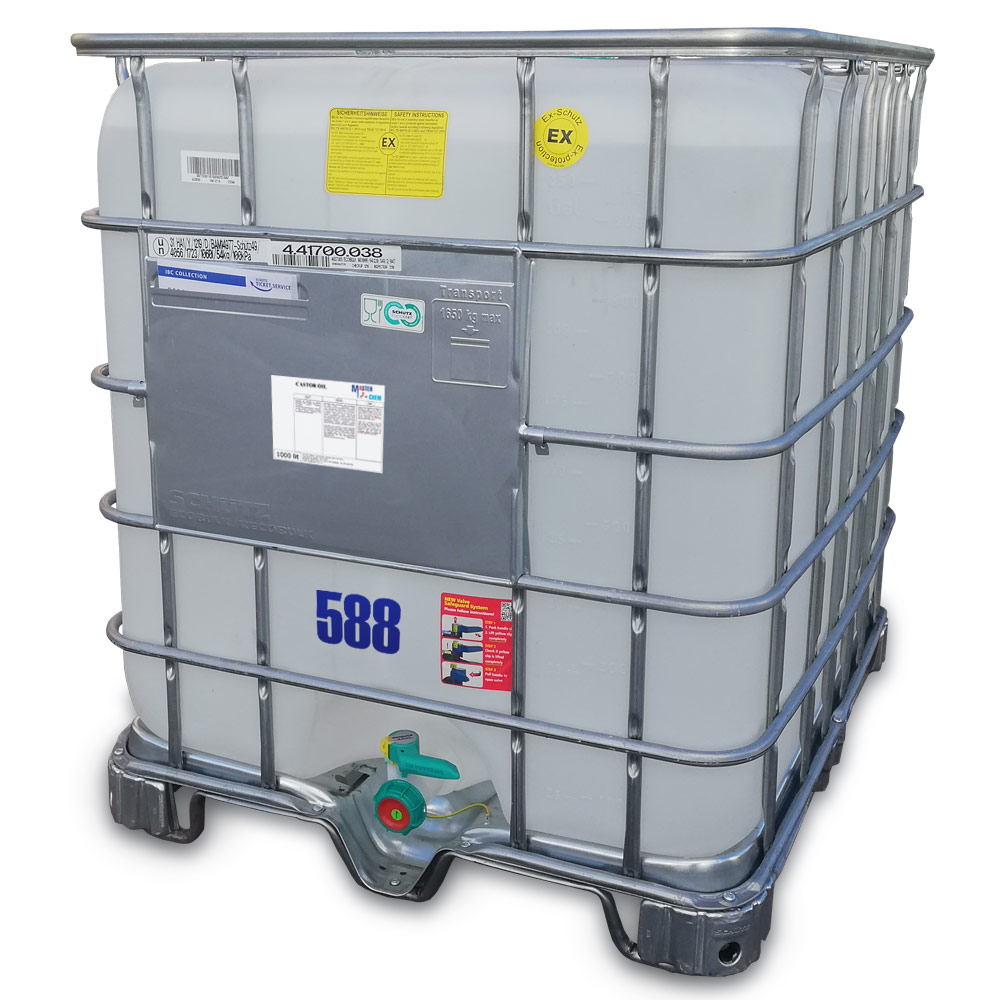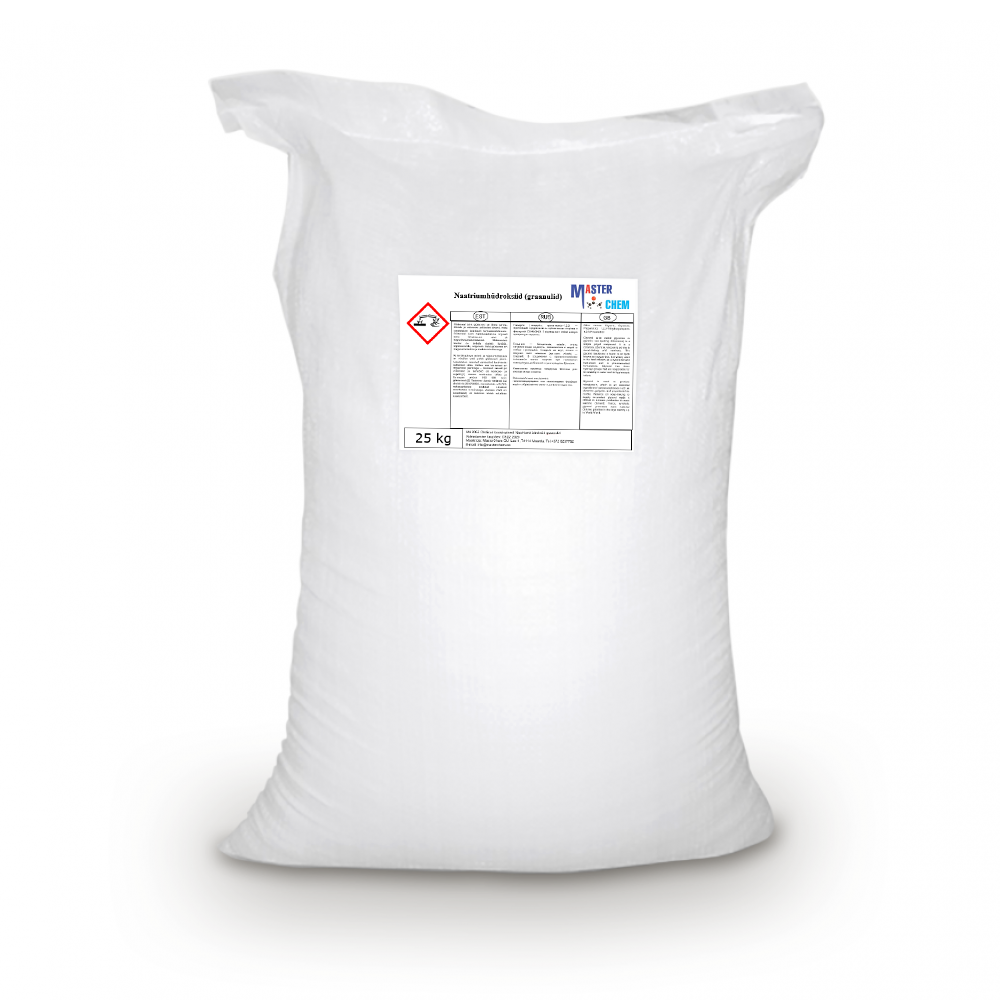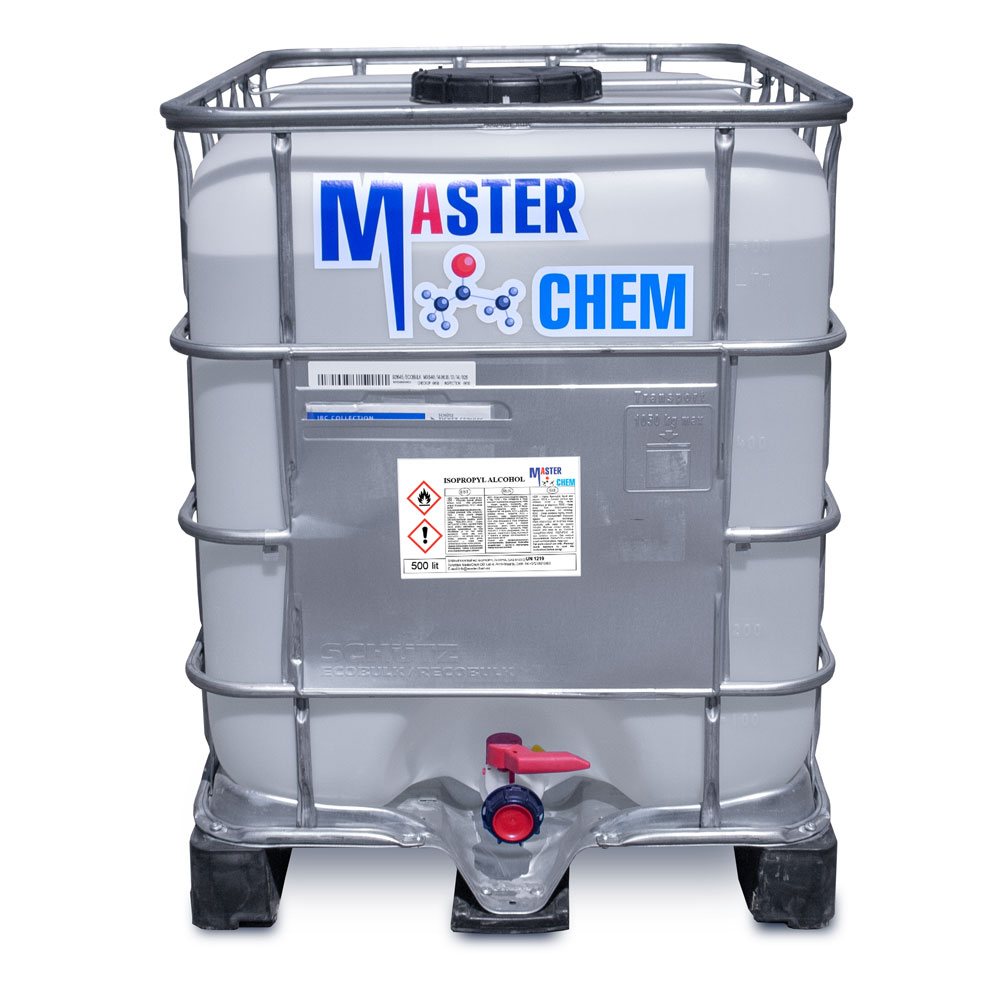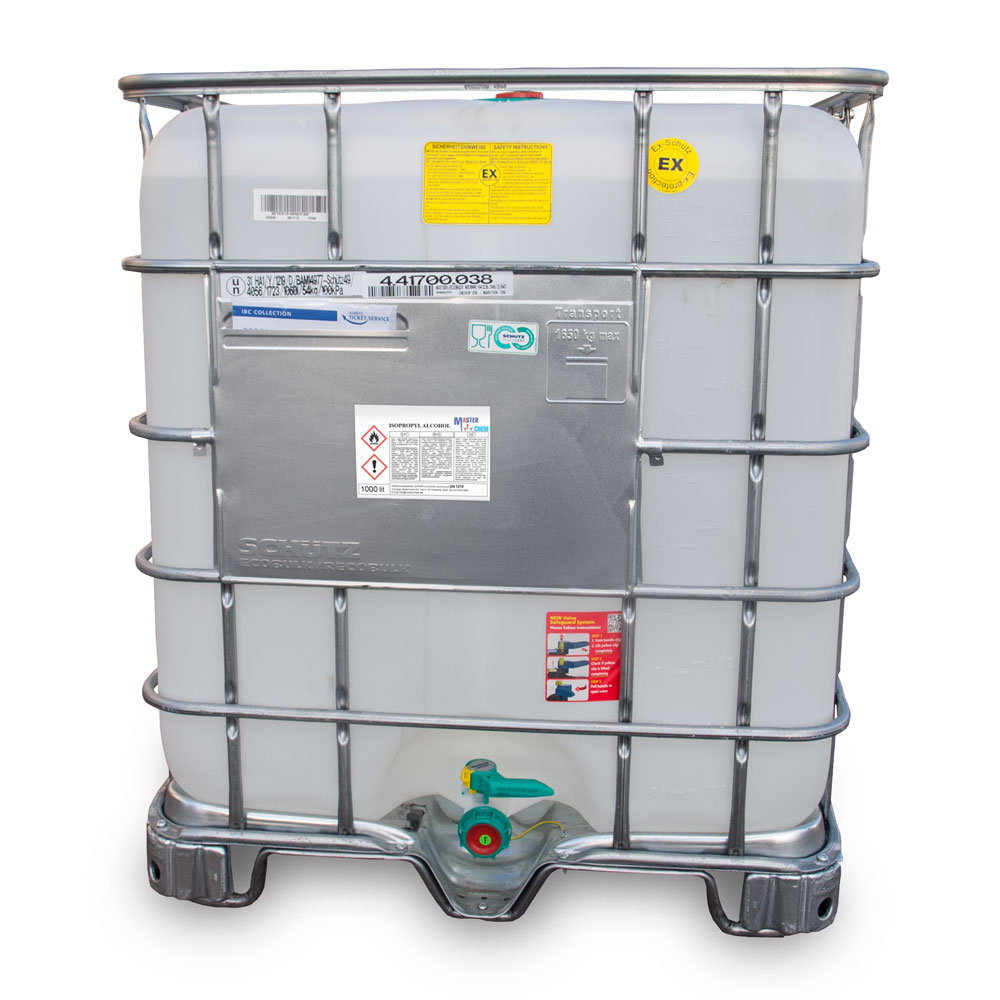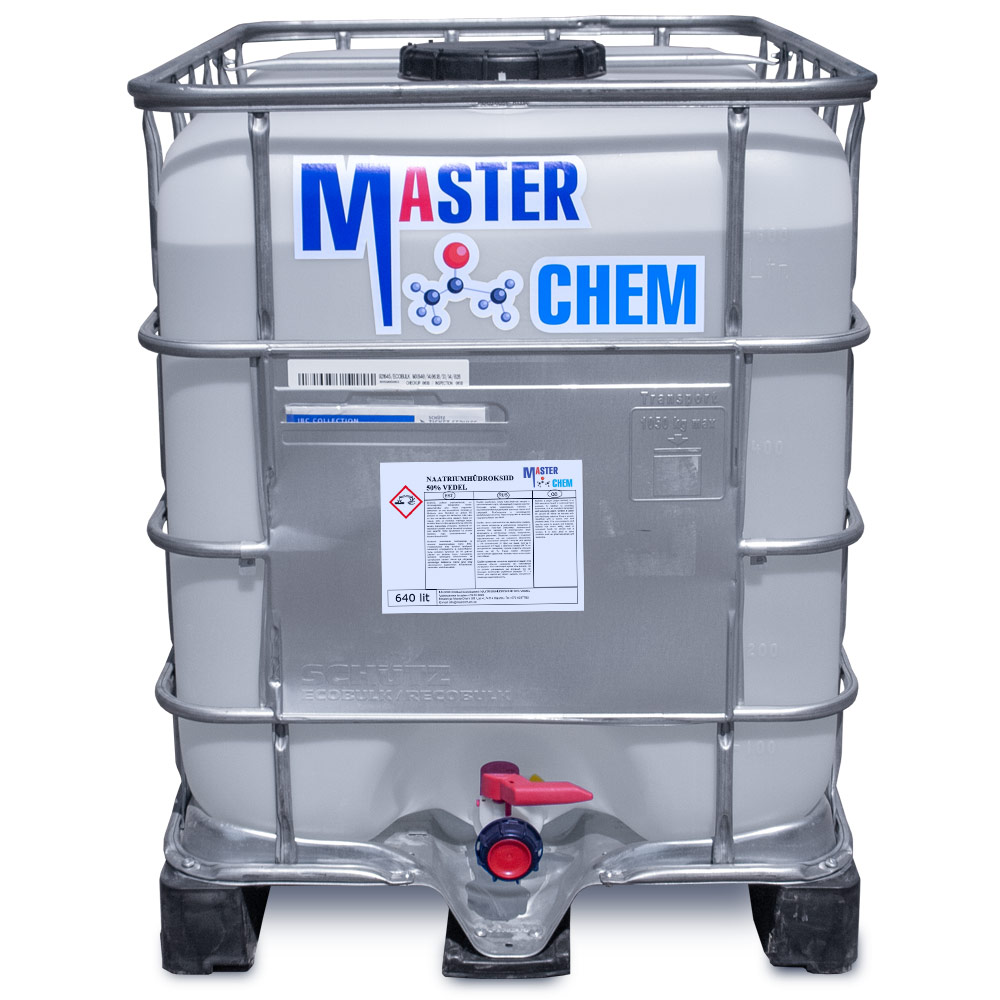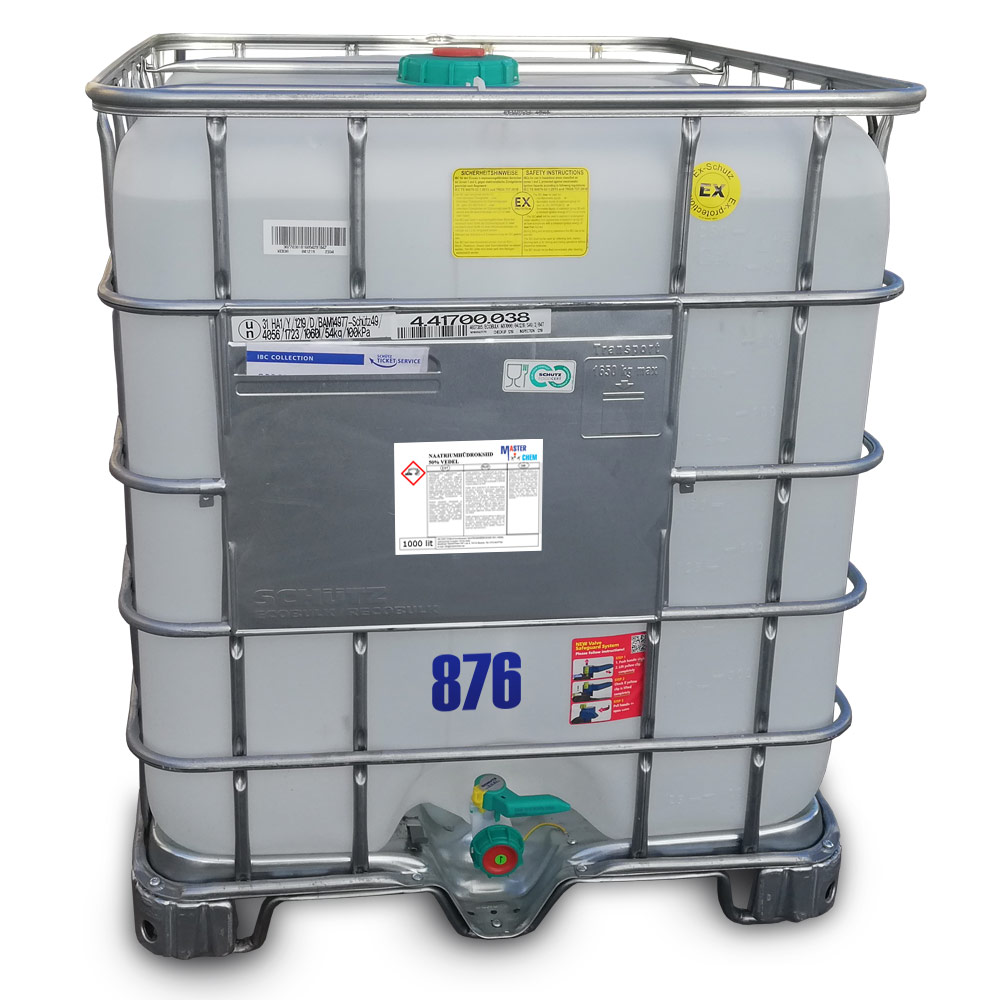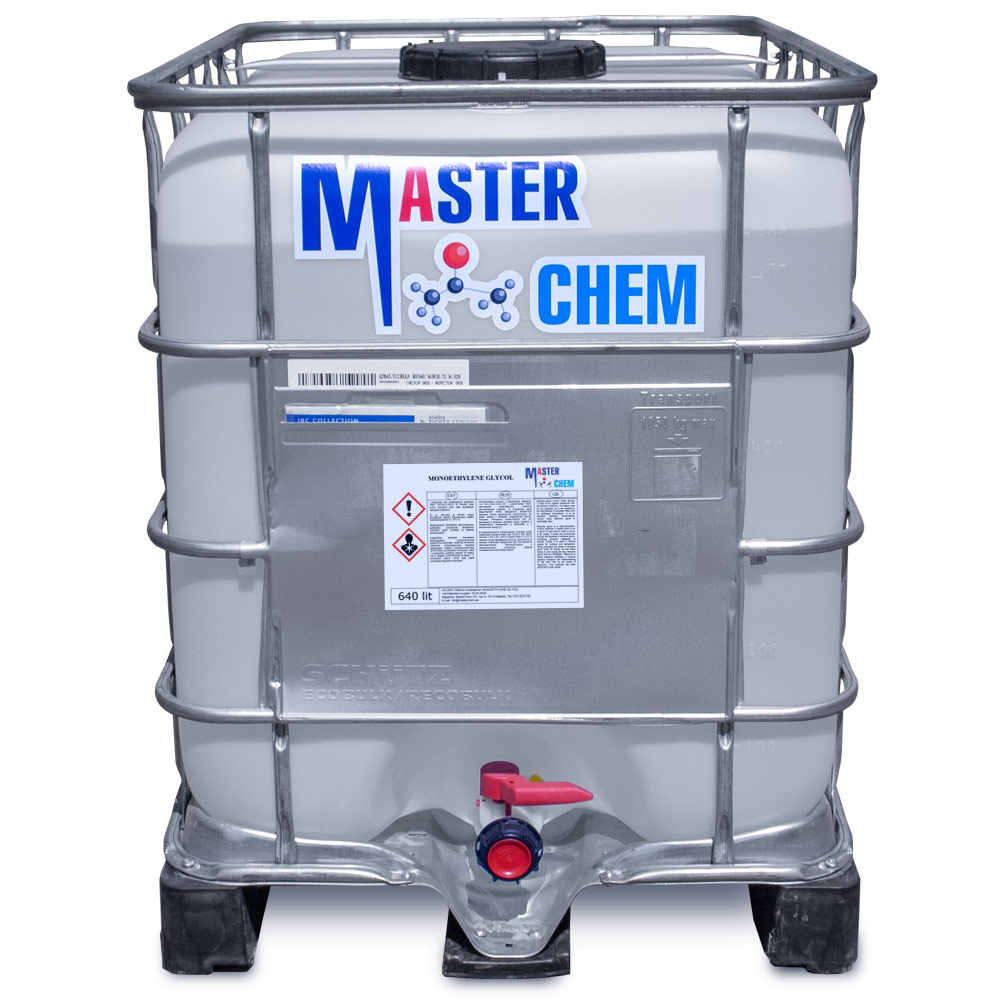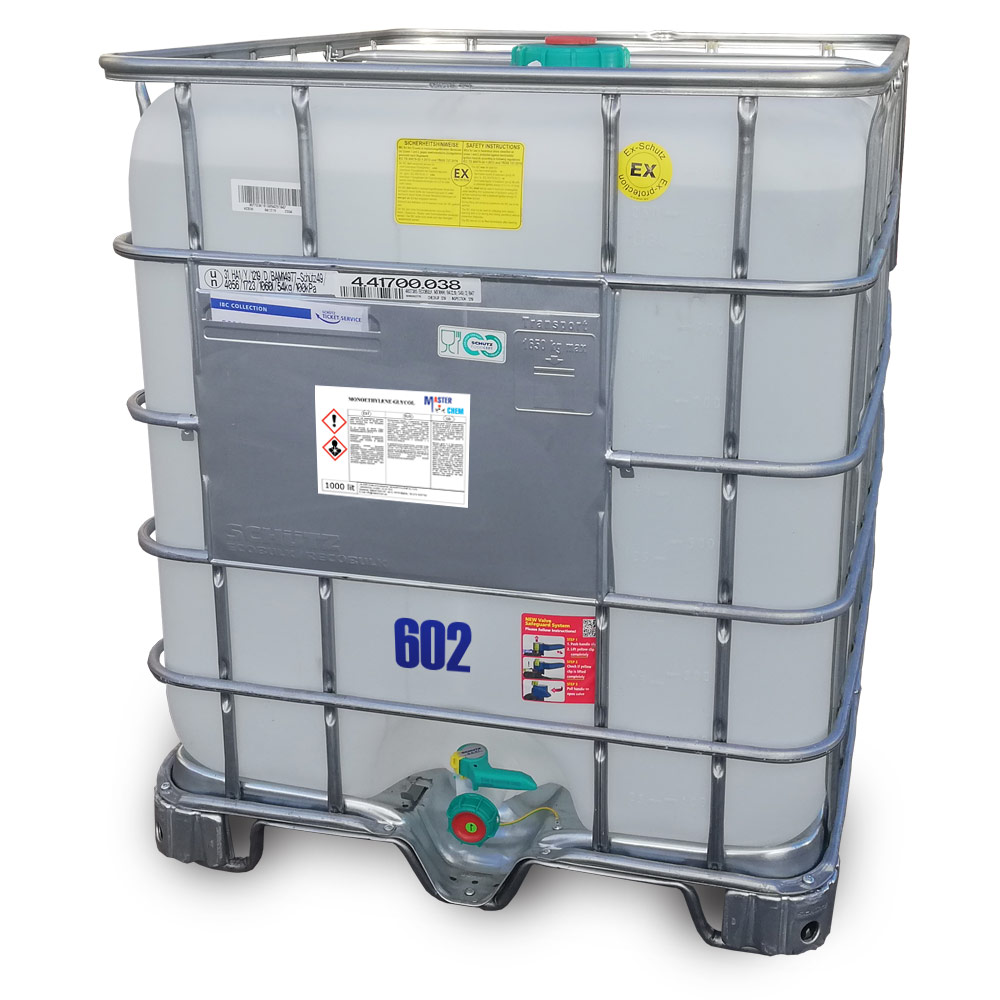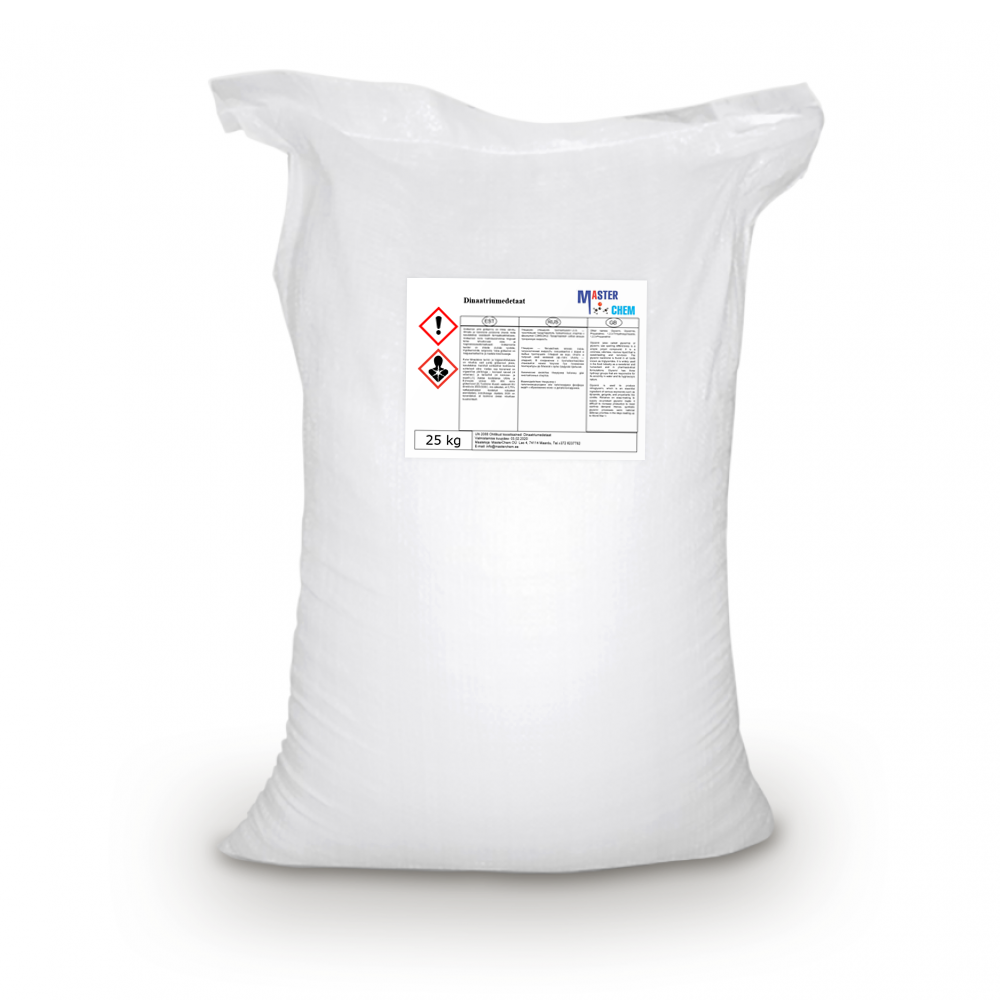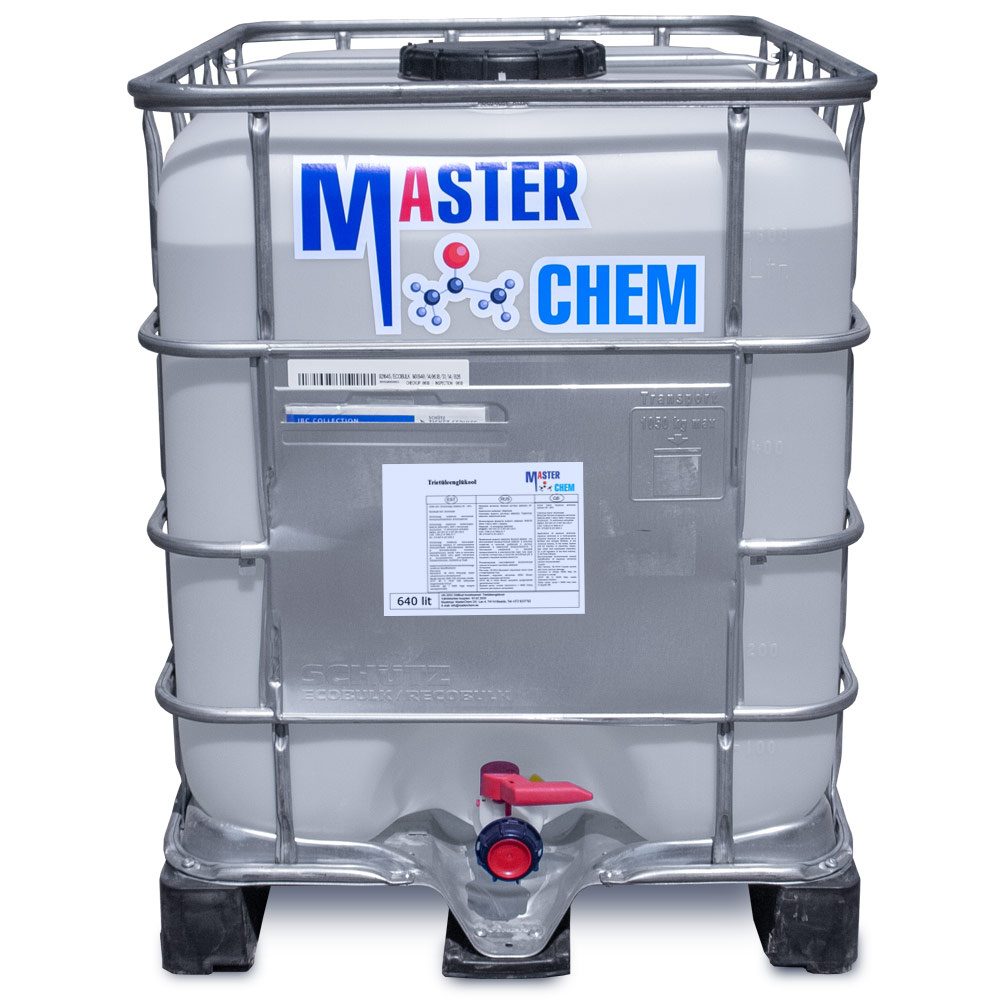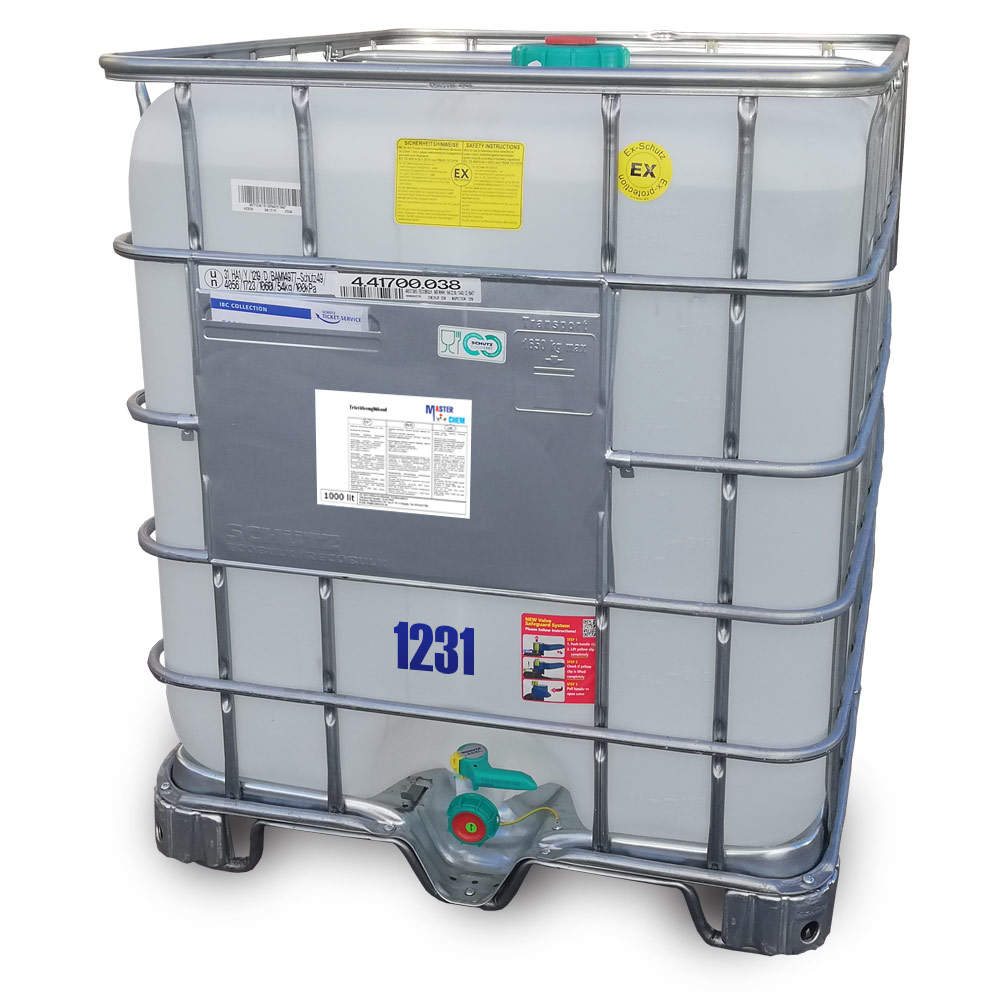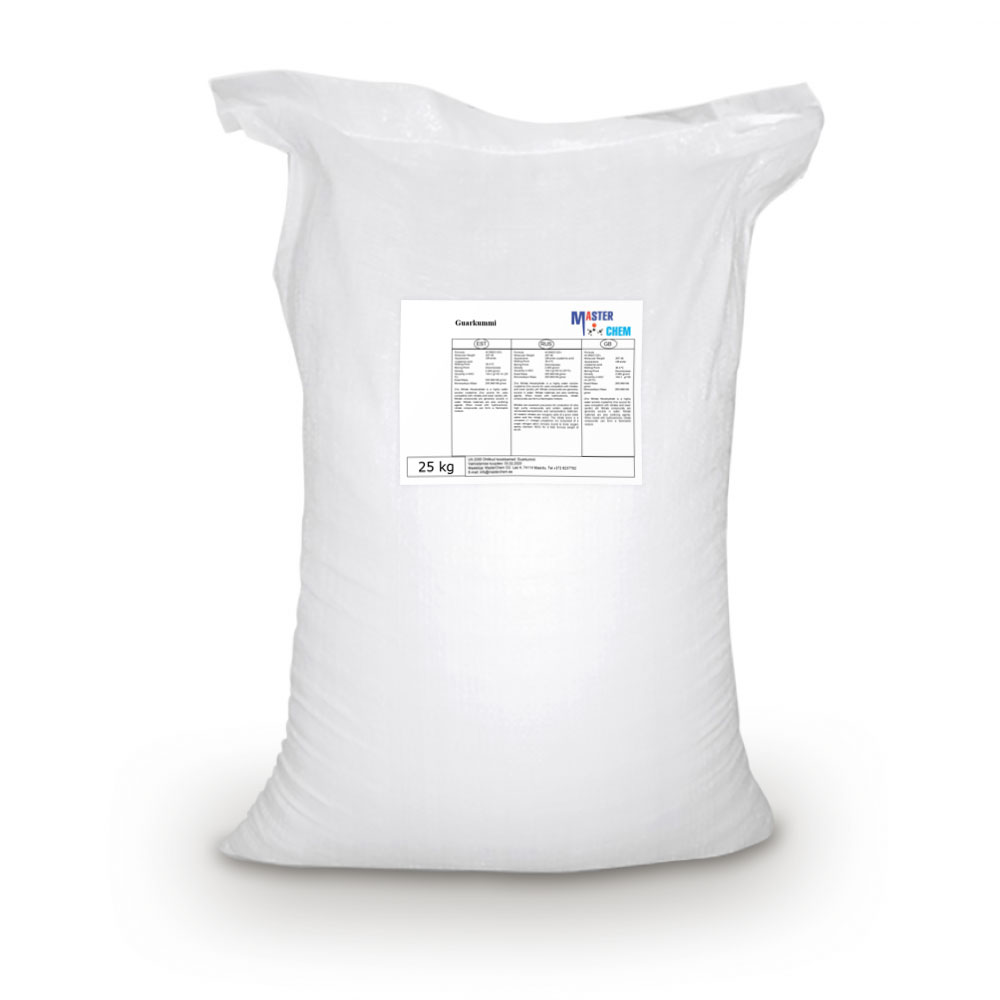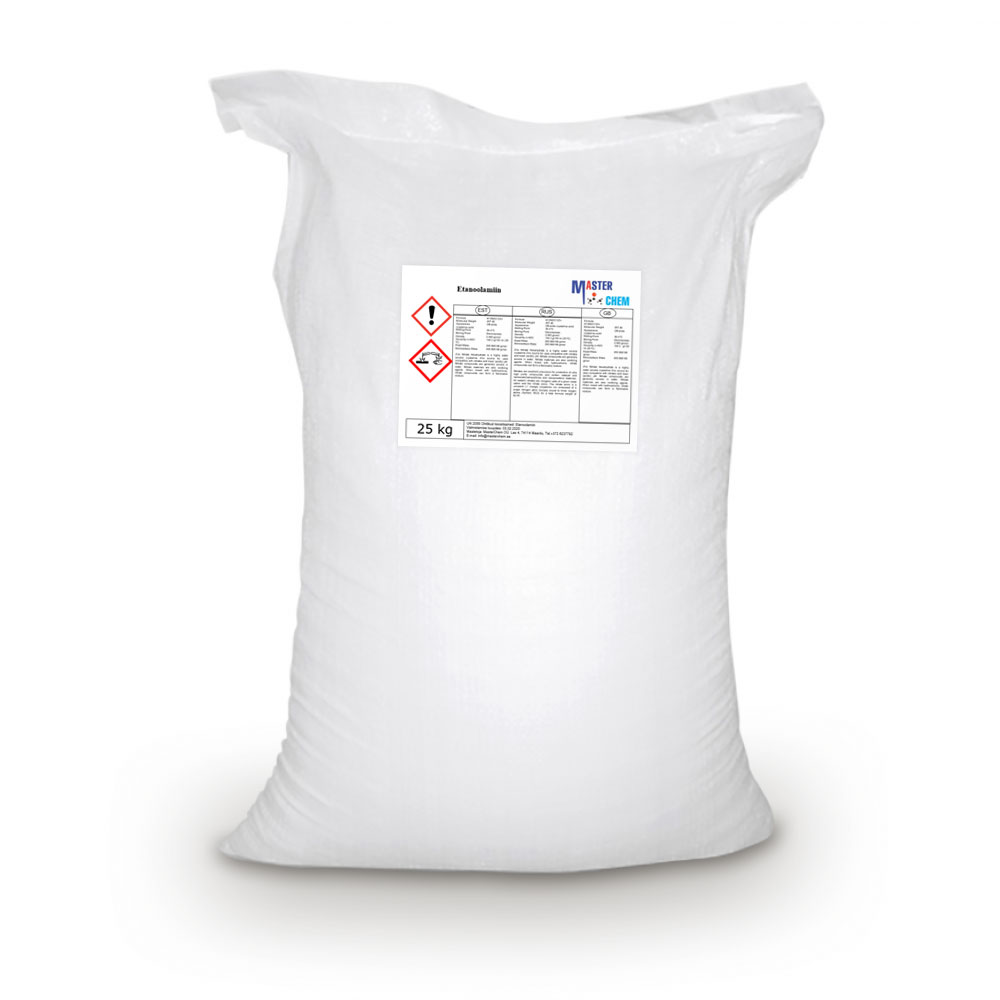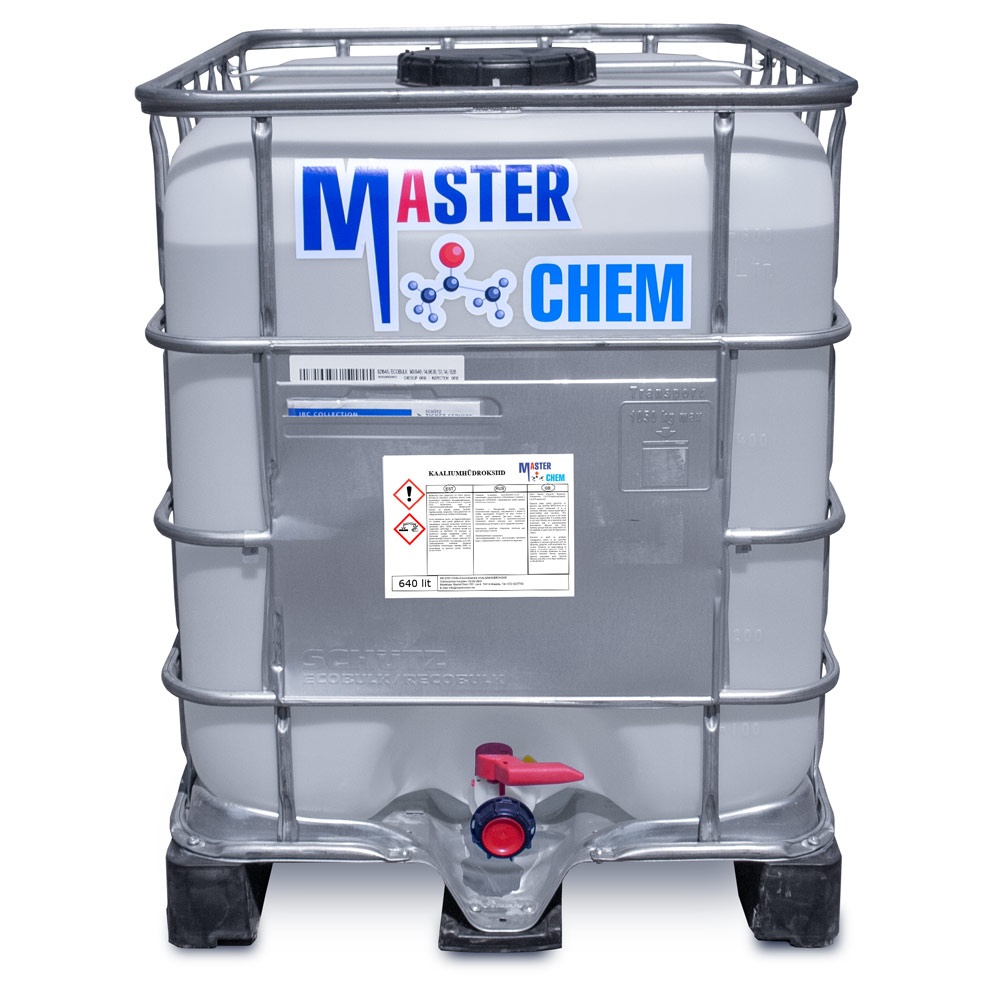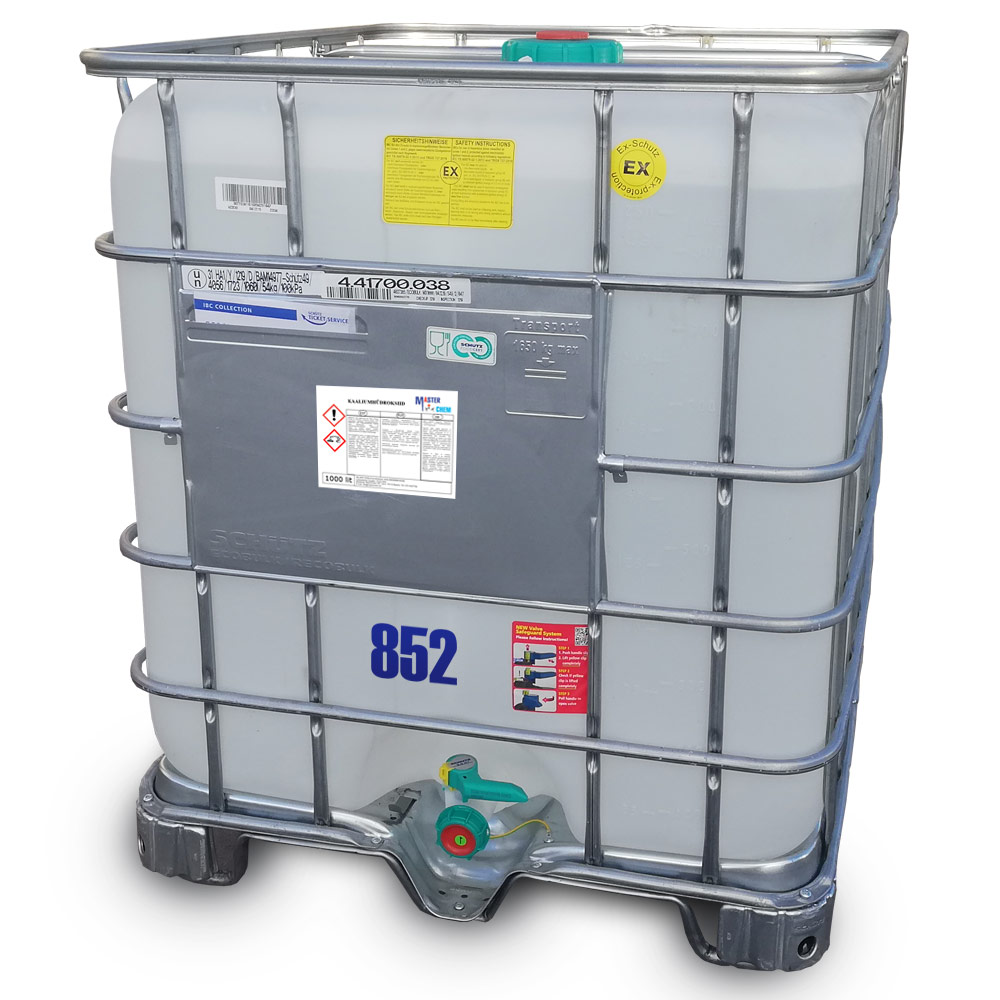Currently Empty: €0.00
Ethyl acetate (CAS 141-78-6)
Other names: Ethyl acetate, ethyl ethanoate
Description:
Ethyl acetate is an ethyl etheric acid in the form of a combustible colorless volatile liquid substance with a sharp smell of fruit. There are no mechanical impurities. It is a moderately polar solvent product with the properties of esters. The solution is supplied in methylcarbinol, ethyl ether, benzene, methylene chloride, methylbenzene and some other organic solvents. In water, the dissolution is weaker. Ethyl acetate has a solvent effect on cellulose esters, oil-based resin lacquers, fats and waxes.
Production on an industrial scale occurs during the reaction of ethanol and acetic acid. It is also possible to process ethanol with carbomethylene or synthesize it from acetic aldehyde in the presence of an aluminum alkoxide catalyst.
CAS 141-78-6
€0.00 – €18.00Price range: €0.00 through €18.00
Product Description
Application and usage:
The main role of this substance is solvent (it takes a third of the total ethyl ether of ethanoic acid produced). It is preferred among other solvents, due to its low price, low toxicity and quite tolerable smell. With its help, they dissolve nitro – and acetylcellulose, waxes and fats, nitroglyptal, perchlorovinyl, epoxy, polyester, organosilicon lacquers, paints, enamels, and also clean printed circuit boards. It is used in the manufacture of paints, adhesives and inks for printing equipment. In conjunction with alcohol, ethyl acetate as a solvent is used, among other things, in the manufacture of artificial leather.
Ethyl acetate is a popular chemical. It is part of entomological mordants (the task is to kill insects). If compared with the same chloroform, which is used for a similar purpose, ethyl acetate softens the object of exposure more and makes it more pliable in preparation.
It is a well-known food supplement E1504.
Ethyl acetate is a participant in the synthesis of ethyl ether of acetoacetic acid.
Ethyl Acetate in industry
Ethyl acetate, or ethanoic acid ether, is widely used in various industrial sectors, performing a large list of tasks:
– in paint, glue, cellulose production and the manufacture of artificial leather, ink for typewriters acts as a solvent. The solvent also acts when applying ink drawings and inscriptions to packaging materials;
– in the pharmaceutical industry, it serves as a reagent and reaction medium in the manufacture of medicines;
– in the creation of aluminum foil and thin sheets of aluminum-degreaser;
– in the electronics industry, it is also used for degreasing, and also for cleaning;
– in the food industry, this is a popular extractant (for example, it helps to extract caffeine from coffee). In addition, it is used in the creation of cooling drinks, liqueurs, confectionery and fruit essences;
– in the cosmetics industry, it is introduced into the composition of manicure products, in particular for removing the varnish coating from the nails.
This breadth of application is due to the relative low cost, low toxicity and efficiency in each of the above processes.
Due to the high efficiency and functionalism, taking into account the low toxicity, ethyl acetate has received such a wide application.
Physical properties
Colorless mobile liquid with a sharp smell of ether.
Molar mass 88.11 g / mol,
melting point -83.6 °C,
boiling point 77.1 °C,
density 0.9001 g / cm3.
Soluble in water 12 % (by weight), in ethanol, diethyl ether, benzene, chloroform; forms double azeotropic mixtures with water (boiling point 70.4 °C, water content 8.2% by weight)
Formula: C4H8O2
| Weight | N/A |
|---|

